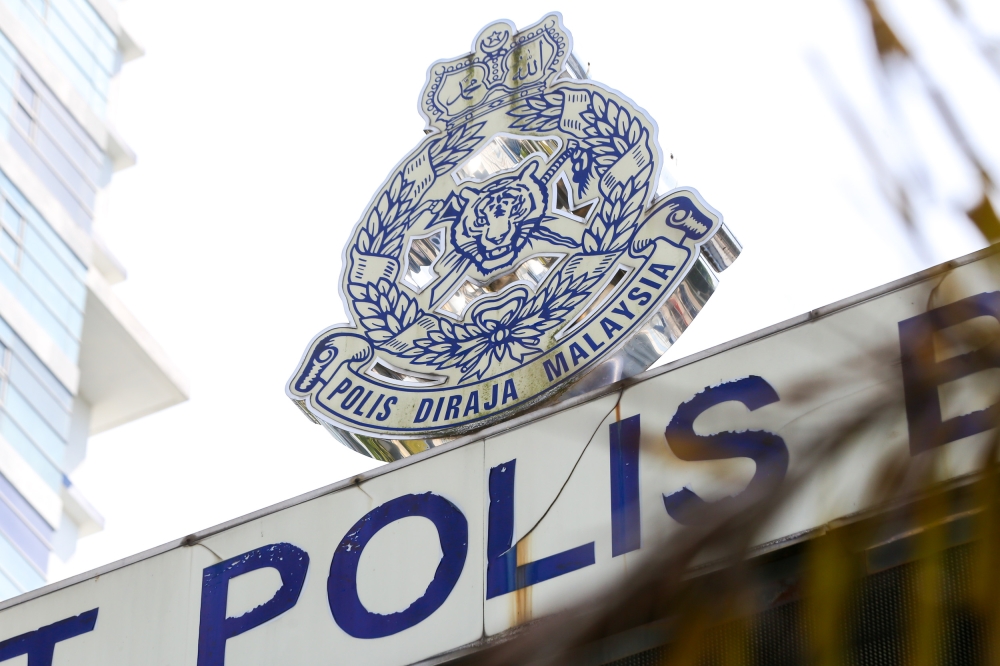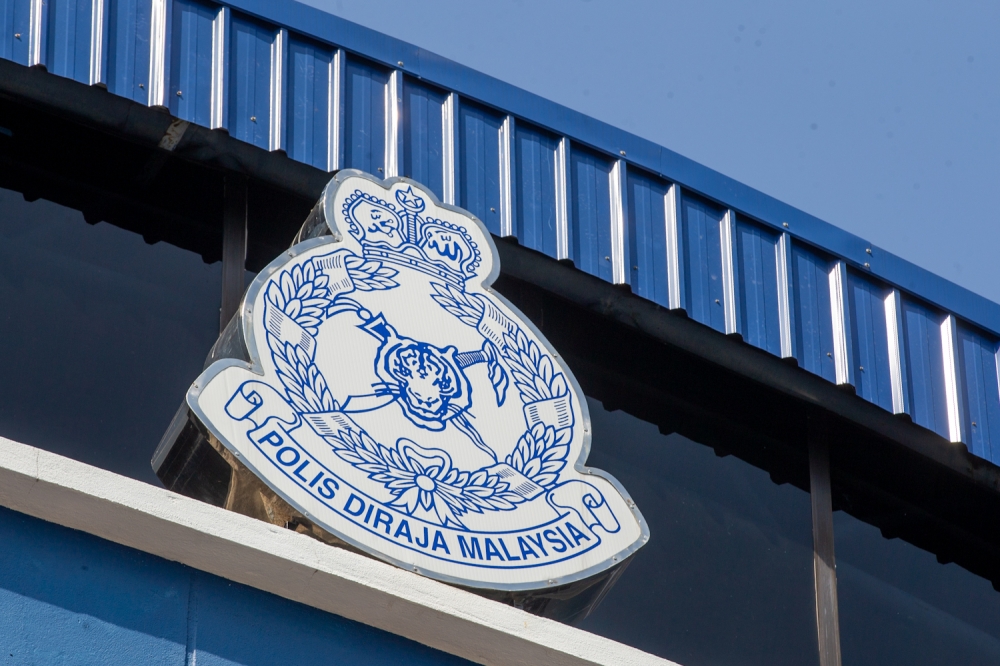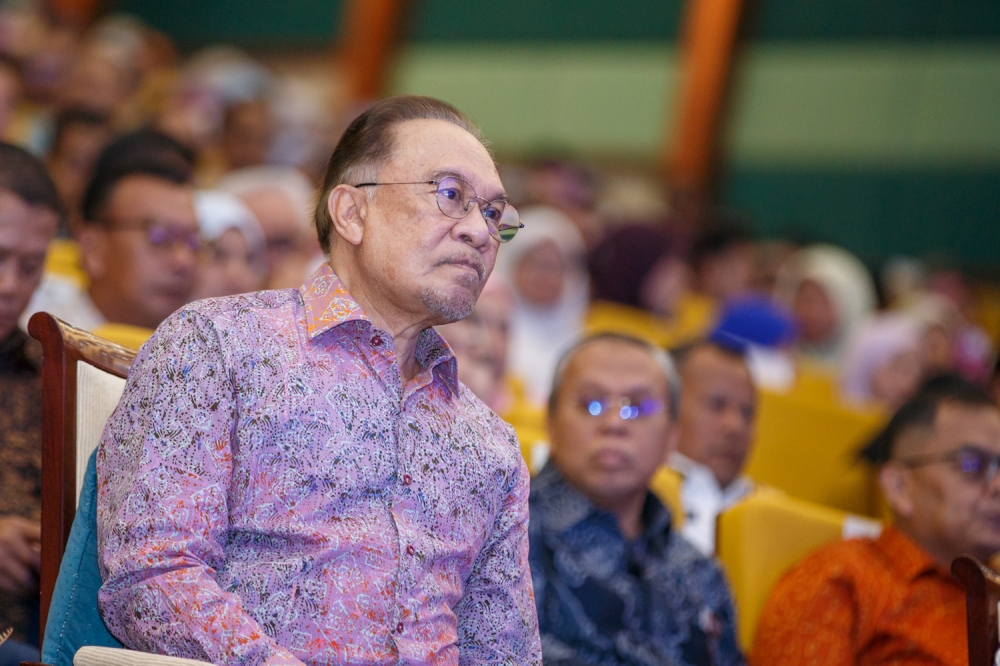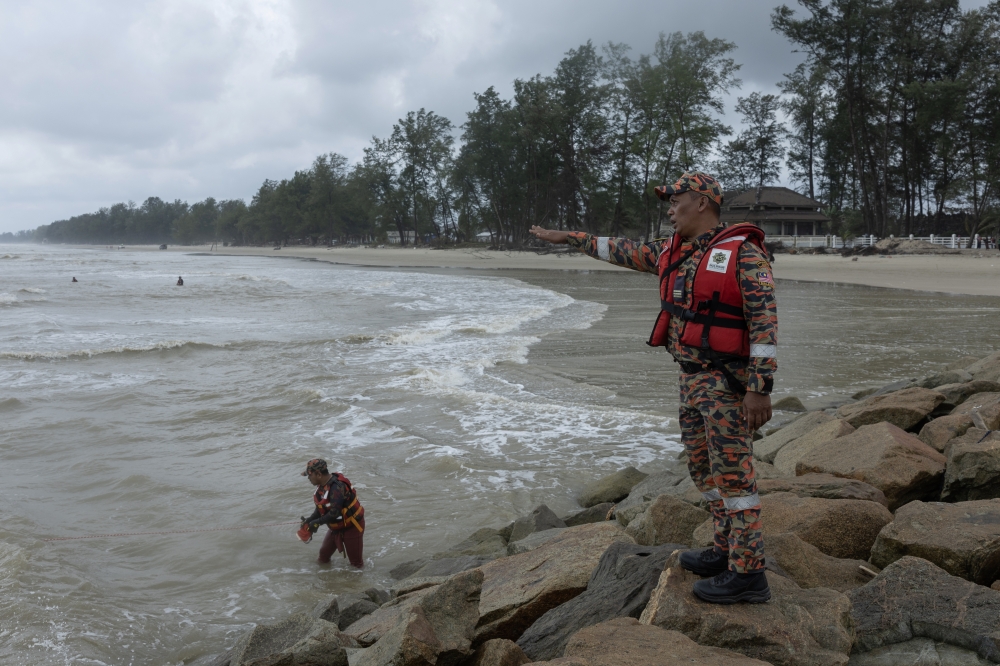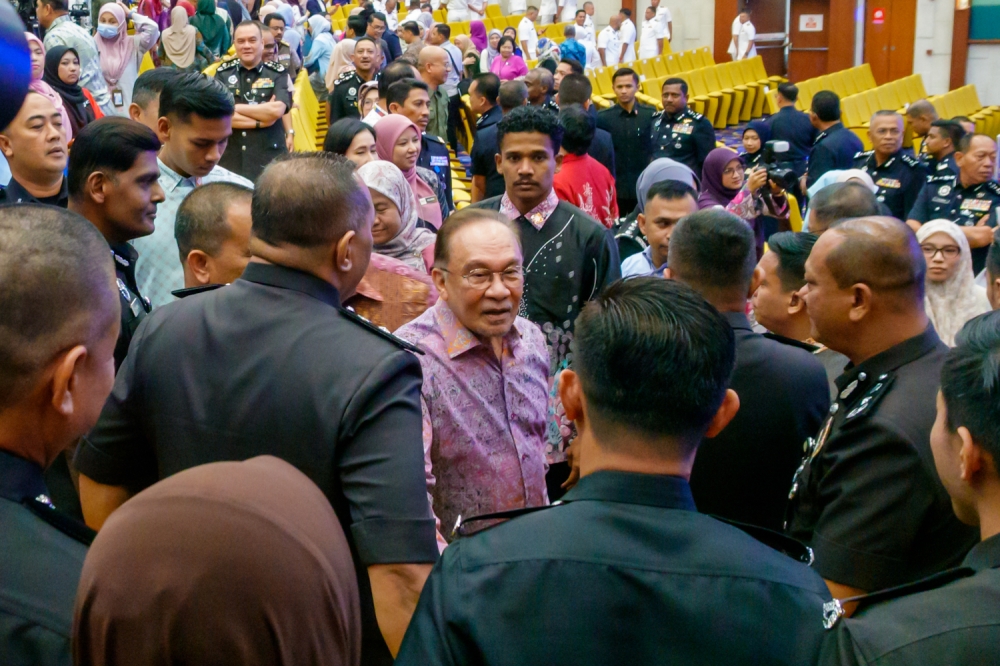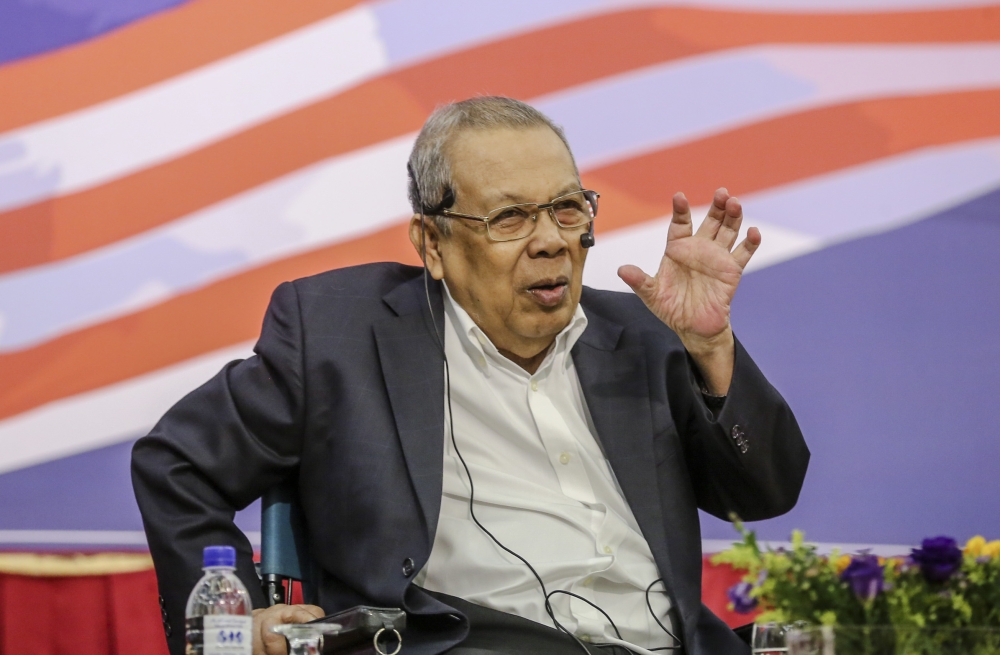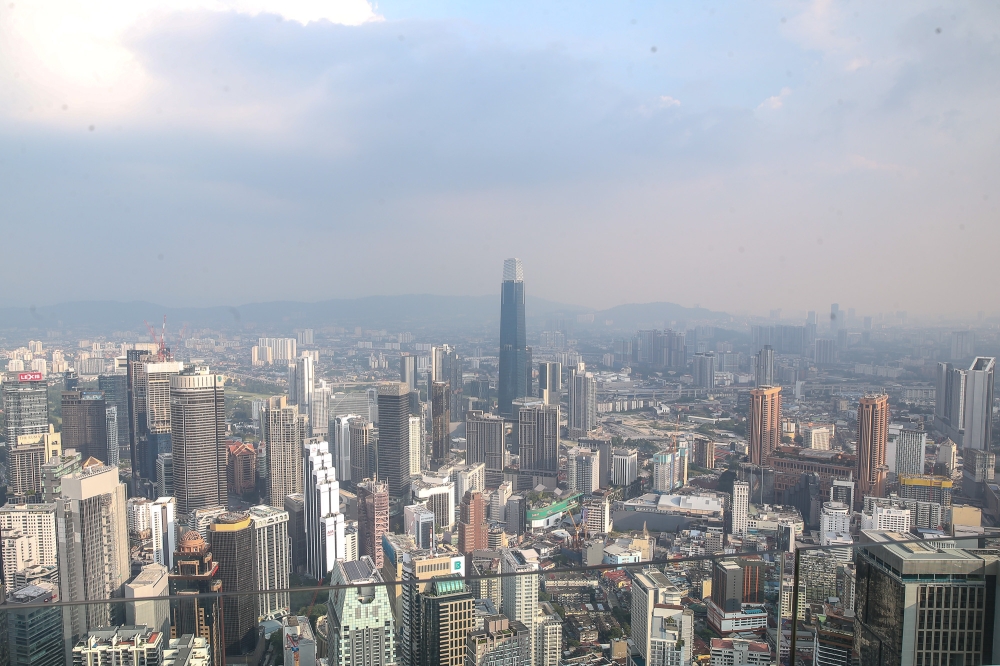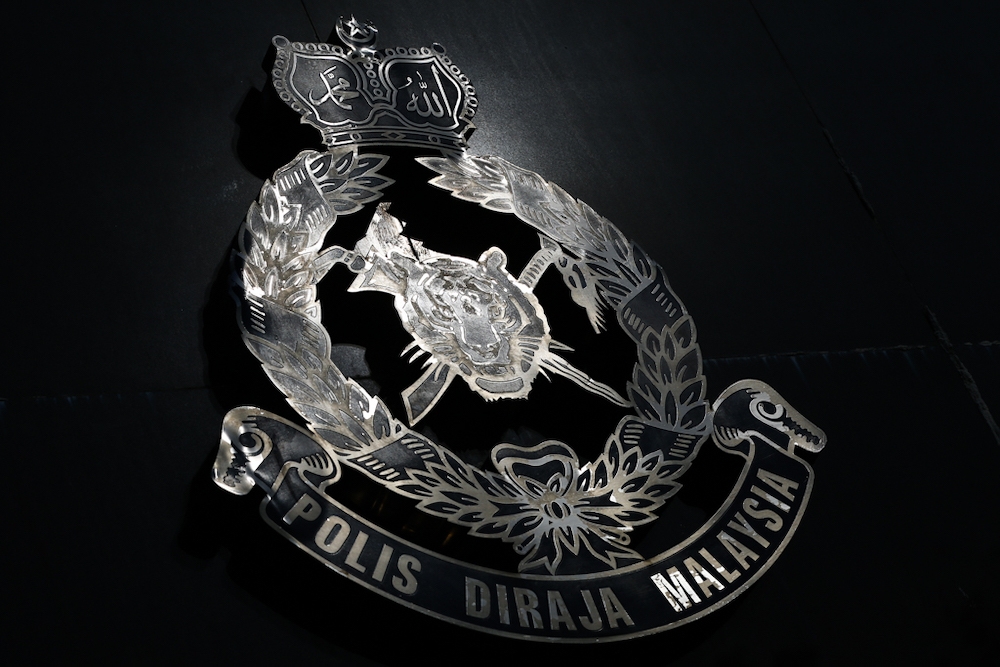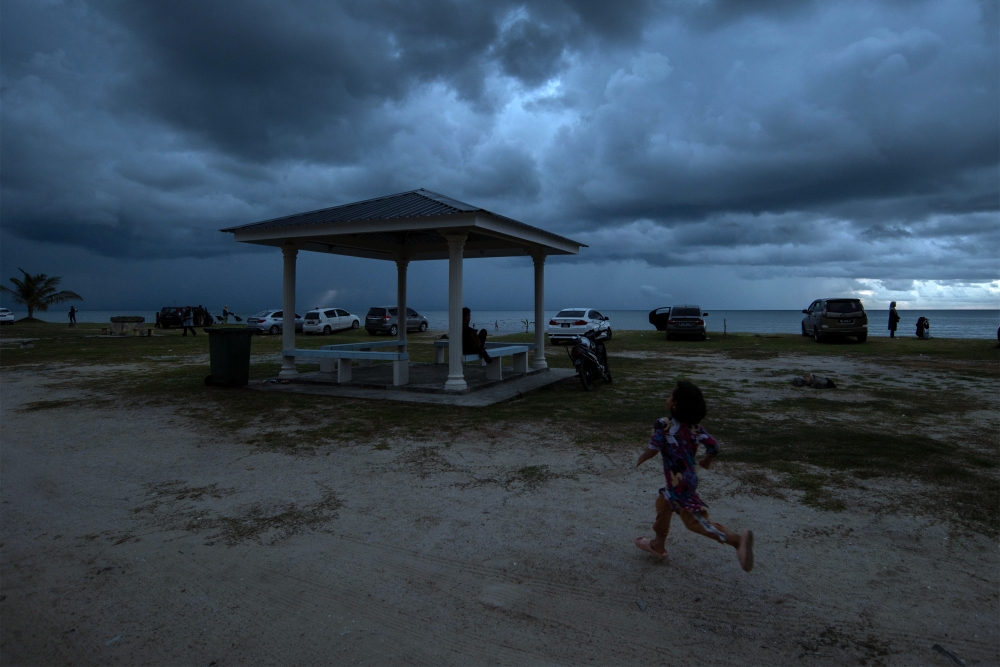KOTA KINABALU, Nov 29 — Sabah will soon have autonomy over its health and education matters again as part of its negotiations with the federal government on the reinstatement of state rights according to the Malaysia Agreement 1963.
Assistant minister in the Chief Minister’s Department Datuk Nizam Abu Bakar Titingan said that the two were among seven matters that are of priority in its negotiations and require several phases of discussion to determine how decentralisation will be carried out.
“We have set up an action committee to discuss the technical, legal and administrative aspects of how to implement the decentralisation of the health authorities,” Nizam told the state assembly here.
He said the same applied to the education component, except that the education committee has already met up on November 17 recently.
Education and health matters were initially stated to be under the state’s purview but over the decades, the federal government had gradually taken over.
During the Parti Warisan administration in 2018, the Sabah state government set up two new ministries for health and education — the Health and Public Wellbeing Ministry, and the Education and Innovation Ministry — in preparation for the decentralising of the two sectors, but the two were abolished when the current Gabungan Rakyat Sabah government took over in 2020.
Sindumin state assemblyman Datuk Dr Yusof Yaakob, the former education and innovation minister under the Warisan state government, had asked the chief minister about the progress of the MA63 negotiations with the federal government and what were the timelines given to achieve their targets.
Nizam said among the priorities was the 40 per cent return of revenue to the state, a special grant under Article 112 of the Constitution, which is expected to reach a resolution by July 18 next year — a one-year period from the Technical Committee’s agenda.
Other matters include the return of federal land to the states, which the Land and Survey Department are working on identifying, electricity supervision which is expected to be resolved early next year, and the increase in the number of Dewan Rakyat representatives from Sabah and Sarawak to 35 per cent.
“These are among what we have agreed on, but we are now discussing the implementation,” he said.
Earlier, he told the House that there were issues seven issues already resolved — the Federal Constitution Amendment Article 1(2) and Article 160(2); as well as the appointment of a state representative as a member of the Inland Revenue Board.
The decentralising of deep-sea fish licensing, the administration of Sipadan and Ligitan island, while the gas regulation and power regulations is also under the state’s purview
Other items on the agenda are labour authorities, oil royalties, the continental shelf, the appointment of judges, environmental legislation, stamp duties, the increase of state civil servants, more Borneonisation, and border development for Kalimantan and Sabah.


